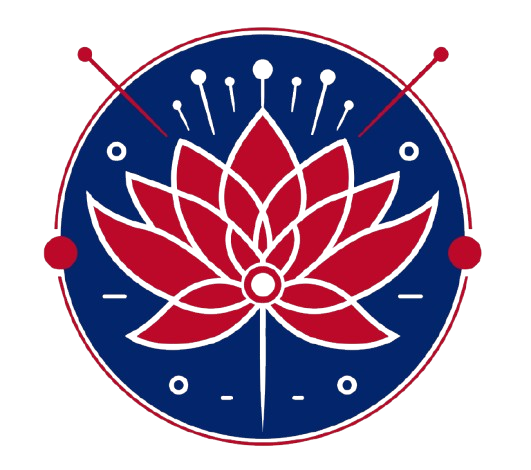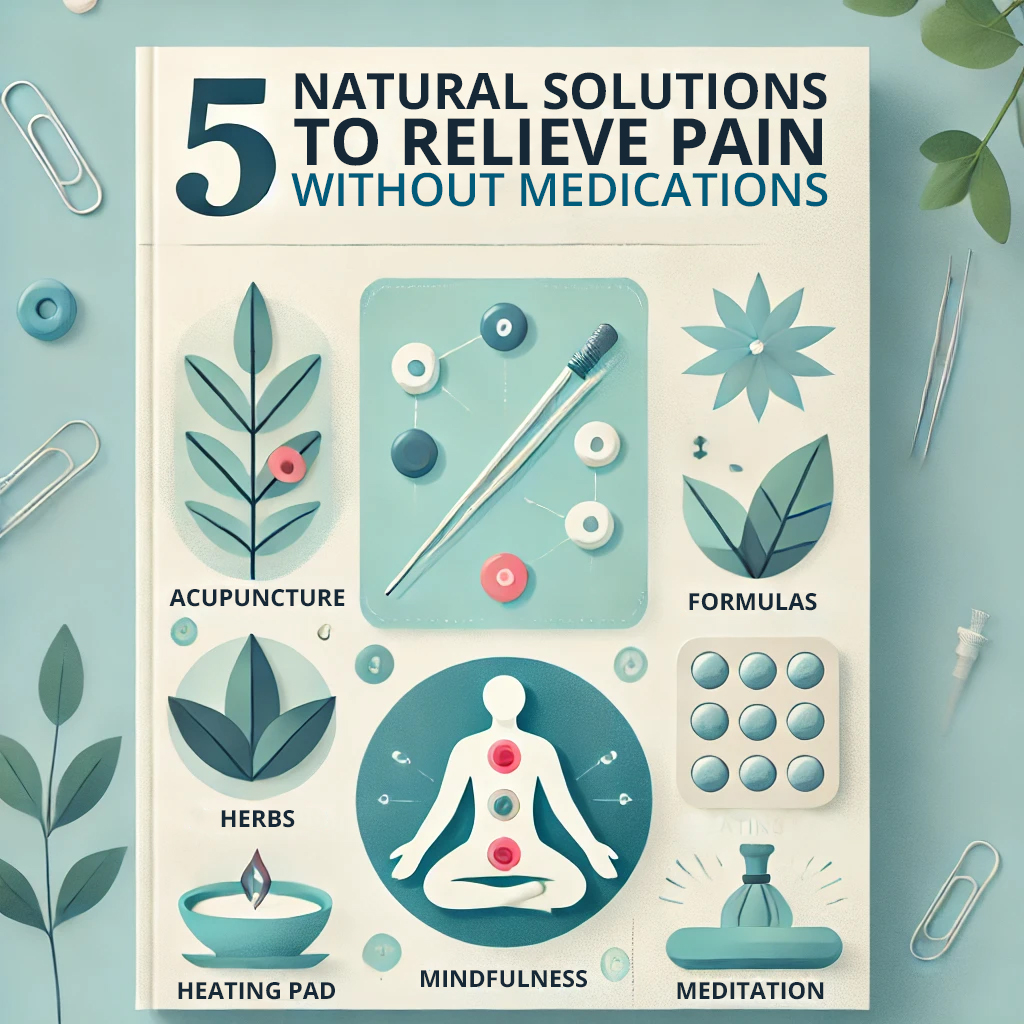You’re likely seeking an extensive guide to managing overactive bladder (OAB) symptoms, which affect approximately 30% of adults over 65, and exploring the various medications and alternative therapies available in St. Petersburg that can help improve your quality of life. You’re not alone in dealing with sudden urges, frequent trips to the bathroom, and nocturia, which can disrupt daily routines and even lead to social isolation and anxiety. From oral medications like Botox and anticholinergics to holistic approaches like Traditional Chinese Medicine and behavioral therapies, there are many options to reflect on. As you explore these options, you’ll discover a path to regaining control and finding relief.
Key Takeaways
- Overactive bladder (OAB) medications, including anticholinergics and beta-3 adrenergic agonists, can help manage symptoms, but may have side effects.
- Alternative therapies, such as bladder training, Kegel exercises, and dietary adjustments, can be effective without medication side effects.
- A combination of lifestyle changes and pharmacological interventions is often the most effective approach to managing OAB.
- Holistic approaches, including acupuncture and biofeedback therapy, can enhance bladder function and reduce stress in OAB patients.
- It’s essential to consult a healthcare professional in St. Petersburg to determine the best treatment plan for individual OAB needs.
Understanding Overactive Bladder
With approximately 30% of adults over 65 affected, overactive bladder (OAB) is a common condition that can greatly impact your quality of life. You might experience a sudden urge to urinate, frequent urination, and nocturia, which can disrupt your daily routine and cause anxiety. Furthermore, research suggests that stress and anxiety can exacerbate digestive issues, such as IBS symptoms digestive health, which can further contribute to OAB symptoms. OAB symptoms may also include urinary incontinence, classified as urge or stress incontinence, although not everyone with OAB experiences leakage. This condition affects both men and women and can greatly impact your overall well-being, leading to social isolation. If you’re struggling with OAB, it’s important to understand that there are treatment options available. A holistic approach to managing OAB symptoms can improve your quality of life. Instead of just relying on medication, exploring non-pharmacological and non-invasive treatments can help you regain control over your bladder. By understanding OAB and recognizing its symptoms, you can take the first step towards finding a suitable treatment that addresses your unique needs.
Causes and Diagnosis
You’ve taken the first step towards understanding your overactive bladder (OAB) symptoms, and now it’s time to explore what might be causing them. OAB can be caused by various factors, including neurological disorders, diabetes, urinary tract infections, and hormonal changes. In addition, factors such as poor posture and mobile device usage, which can contribute to chronic strain, may also play a role muscle tension relief. Moreover, underlying inflammatory and degenerative diseases, such as rheumatoid arthritis and osteoarthritis, can also manifest as OAB. In some cases, despite thorough diagnostics, the cause remains unknown.
To diagnose OAB, your healthcare provider will likely conduct an extensive patient history, urinary symptom assessment, and ask you to keep a bladder diary to track your frequency and urgency. Physical examinations, including rectal and pelvic exams, may also be performed to rule out infections or blood traces in your urine. It is crucial to note any related symptoms, such as bowel issues or other health conditions, as they can impact your bladder health. By identifying the underlying causes and thoroughly diagnosing OAB, you can take the first step towards finding effective treatment options and improving your overall quality of life.
Treatment Options Explained
The most effective approach to managing overactive bladder symptoms often involves a combination of lifestyle changes and pharmacological interventions. You’ll find a range of treatment options available, each with its own benefits and drawbacks. Oral medications, such as Botox injections and anticholinergics, can help relax bladder muscles and improve storage capacity. However, they may come with side effects like dry mouth, constipation, and an increased risk of dementia in older adults. Additionally, considering holistic approaches, such as Traditional Chinese Medicine, may provide an alternative to pharmaceuticals, offering a gentle and natural way to address underlying health issues. Behavioral therapies, like bladder training and pelvic floor exercises, are often recommended as initial approaches to manage OAB symptoms effectively. These non-invasive methods can help you regain control over your bladder. For those who don’t respond to conservative treatments, advanced options like nerve stimulation therapies may be considered. It’s crucial to continuously monitor and adjust your treatment strategy, as nearly 70% of patients may seek changes or discontinue medications within six months due to side effects or ineffectiveness. By exploring these treatment options, you can find the best approach to manage your overactive bladder symptoms.
Medications for OAB
Now that you’ve explored the various treatment options available for managing overactive bladder symptoms, it’s time to take a closer look at the medications that can help. If you’re considering medication as part of your overactive bladder treatment, it’s important to understand the different types of medications available and their potential side effects.
| Medication Type | Description |
|---|---|
| Anticholinergic medications | Block nerve signals that trigger bladder contractions, may cause dry mouth and constipation |
| Beta-3 adrenergic agonists | Promote bladder relaxation and improve urine storage capacity, fewer side effects |
| Tricyclic antidepressants | Relax bladder muscles, less commonly prescribed for OAB specifically |
Anticholinergic medications are often the first-line treatment for OAB, but it’s vital to weigh the benefits against the potential risks. Approximately 70% of patients may stop or change medications within six months due to side effects or ineffective symptom management. A careful risk assessment is necessary, especially considering the potential link between long-term anticholinergic use and dementia risk in older adults. As you discuss your options with your healthcare provider, be sure to ask about the potential side effects and benefits of each medication to determine the best fit for your overactive bladder treatment.
Alternative Therapy Approaches
Beyond medication, a range of alternative therapy approaches can help you regain control over your bladder function and alleviate OAB symptoms. For instance, bladder training techniques, such as scheduled voiding, can help reset your bladder’s urge response, taking around eight weeks to produce noticeable effects. Additionally, Kegel exercises, which involve strengthening the muscles that support your bladder, can improve bladder control with daily practice over six to eight weeks. Other behavioral modifications, like double voiding and maintaining scheduled bathroom visits every 2-4 hours, can also reduce urgency and frequency of urination. Moreover, natural dietary adjustments, such as avoiding irritants like caffeine, spicy foods, and alcohol, can alleviate symptoms of overactive bladder and improve overall bladder health. Some self-care practices, like acupuncture for insomnia, can also help reduce stress and anxiety, which are common triggers for OAB. Additionally, managing stress through holistic treatments can lead to better sleep quality, which in turn can improve bladder function. Biofeedback therapy can also enhance your awareness of bladder function, allowing you to better manage your symptoms and improve your quality of life through guided exercises and feedback mechanisms.
Frequently Asked Questions
What Is the Most Effective Medication for Overactive Bladder?
You’ll be relieved to know that the most effective medications for overactive bladder typically include anticholinergics like Oxybutynin and Solifenacin, which block nerve signals, or beta-3 adrenergic agonists like Mirabegron, which relax bladder muscles and increase storage capacity.
What Is the Newest Medicine for Overactive Bladder?
Are you tired of feeling controlled by your overactive bladder? You’re in luck! The newest medicine for overactive bladder is vibegron, a game-changing beta-3 adrenergic agonist that reduces frequency and urgency while offering a favorable side effect profile and improved quality of life.
Can I Buy Anything Over-The-Counter for an Overactive Bladder?
You can try limited over-the-counter (OTC) options like herbal supplements, but their efficacy isn’t well-established; it’s crucial to consult a healthcare professional for proper guidance, as self-medicating may not address underlying issues effectively.
What Overactive Bladder Medication Has the Least Side Effects?
Cut to the chase: when it comes to OAB meds, you’re looking for the one with the least side effects. Mirabegron, a beta-3 adrenergic agonist, is often the way to go, with fewer side effects compared to traditional anticholinergic medications, making it a preferred option for many.
Conclusion
You’ve finally reached the end of your journey, but it’s just the beginning of your newfound freedom from OAB symptoms. As you’ve learned, there’s more to bladder health than just medication. It’s like steering through a maze – you need a clear map to find your way out. With the patented Bladder RE-EXPANSION Technique, you can break free from the constraints of OAB. In fact, Dr. Mandel’s patients have reported an 85% success rate in reducing symptoms. Now, you can chart your own course towards a life of confidence and control.
Start Your Health Transformation
At Elite Care Acupuncture & Alternative Medicine, we’re dedicated to helping you achieve your best health with tailored, holistic care. Whether you’re seeking pain relief, stress management, or natural health solutions, our expert team is here to guide your journey to wellness.
Connect with Us:
Address:
11105 7th Avenue North, Saint Petersburg, FL 33705
Phone: +1 (727) 606-8700
Website: www.EliteCare.clinic



